As ‘Shiba Inu’ directly translates to ‘Small Dog’ in Japan, these peppy canines were originally bred to hunt although have now evolved into being ideal human companions. Known for their fox-like appearance, Shiba Inus also have a reputation for having a big-dog personality in a small-dog body. Keep reading to learn about the history, temperament, appearance, health concerns, and other interesting facts of the elegant and confident Shiba Inu breed.
Shiba Inu History
The Shiba Inu is one of the oldest recorded canine breeds as they date back to 3rd-century BC in ancient Japan. Originally bred to hunt birds and other small game, a dedicated group of Japanese breeders worked hard to preserve this breed throughout the centuries. While the Shiba Inu has grown to become the most popular companion dog in Japan, this breed was only brought to America as recently as 60-years ago (roughly 1960-1970). Now, Shiba Inus have slowly grown to become one of the most popular dog breed companions in America.
Temperament
Gaining notoriety for their strong independent personalities, Shiba Inus are also quite loyal as they often form strong bonds with their owners. Due to their countless years of being trained as hunting dogs, they have considerable prey-drives and can be fiercely territorial if their hunting instincts kick in. Additionally, they can be highly vocal dogs and have a tendency to yodel in high pitches if they’re either excited or requiring attention. Regardless of these moderately annoying traits, Shiba Inus are fiercely loving and playful with the humans they trust and are generally good-natured canines. It’s recommended that owners set boundaries early-on with their Shibas and inhabit a dominate side to help keep their personalities in check.
Appearance
Being a trait unique to this breed, Shiba Inus are known to self-groom in a similar way as cats do. Shibas are considered to be a highly clean breed, however, their thick coat sheds more than the average dog and requires regular attention from owners. Their double coat includes a densely soft undercoat and a thick straight topcoat that can come in red, black, white, and tan coloring. It’s important to brush your Shiba Inu at least once per week to lessen the amount of shed fur around the house.
Health Concerns
Fortunately, Shiba Inus are known to be an overall healthy breed with an average lifespan between 13-16 years. They do have a track record of suffering from allergies more than other dogs, which can lead to an assortment of infections. Shibas also are known to develop gum disease and other dental issues if their teeth are neglected. If an owner regularly brushes their Shiba’s teeth, bathes them with soap, brushes their fur, and takes them in for veterinary checkups, your furry friend should remain healthy throughout the course of their life.
Interesting Facts of Shiba Inus
- There used to be three types of Shiba Inus, although they have all blended together to be the Shiba breed we know today.
- They have almost gone extinct several time through history, fortunately breeders have worked hard to not let this happen.
- The American Kennel Club didn’t recognize Shiba Inus until the 1990’s as they are their 136th official breed.
- In 2004, a Shiba Inu saved it’s owner from a collapsed building after an earthquake struck in Japan.
- Shiba Inus are prone to having anxiety.
Caring for Shiba Inus
The correct amount and type of food you should feed a Shiba Inu depends primarily on their age, weight, and activity level. Originally formulated to help performance dogs reach their maximum potential, Canine Ultimate Fitness & Health is a delicious, concentrated nutritional powder, providing a balanced blend of 55-nutrients your Shiba needs for better health, increased activity, maximized performance, the prevention of age-related diseases, and ultimately a longer, healthier, and more enjoyable life.
-
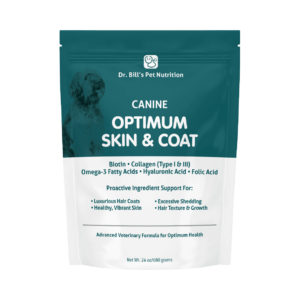 Canine Optimum Skin & Coat$49.95 – $80.75
Canine Optimum Skin & Coat$49.95 – $80.75 -
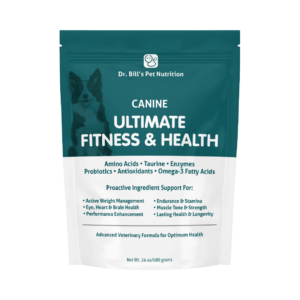 Canine Ultimate Fitness & Health$51.50 – $86.95
Canine Ultimate Fitness & Health$51.50 – $86.95

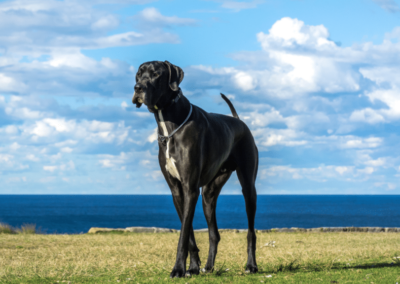
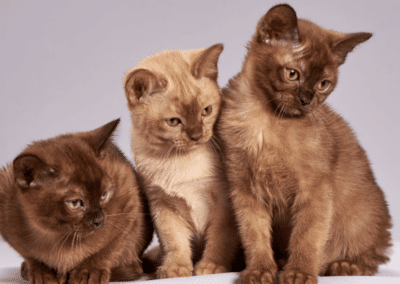
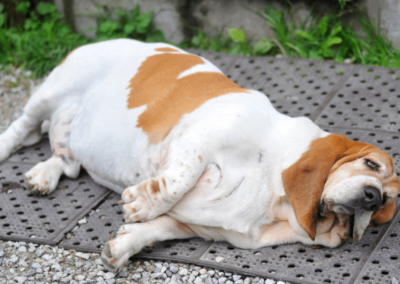
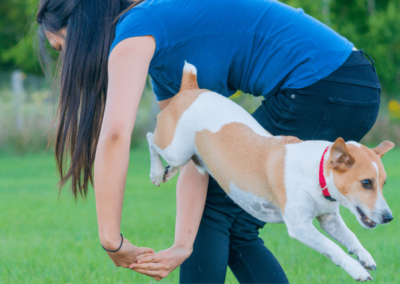
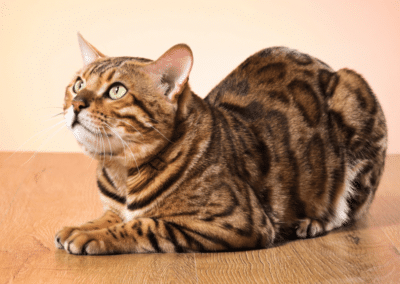
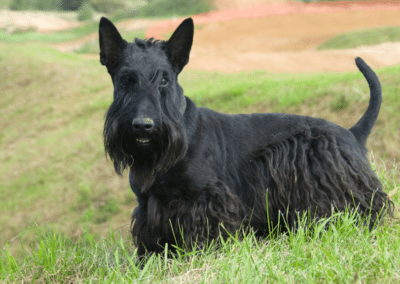
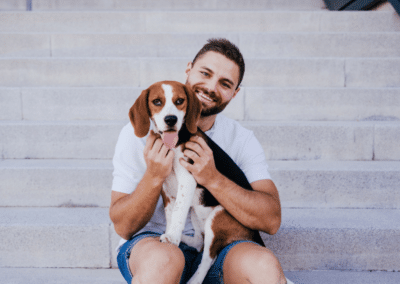
0 Comments